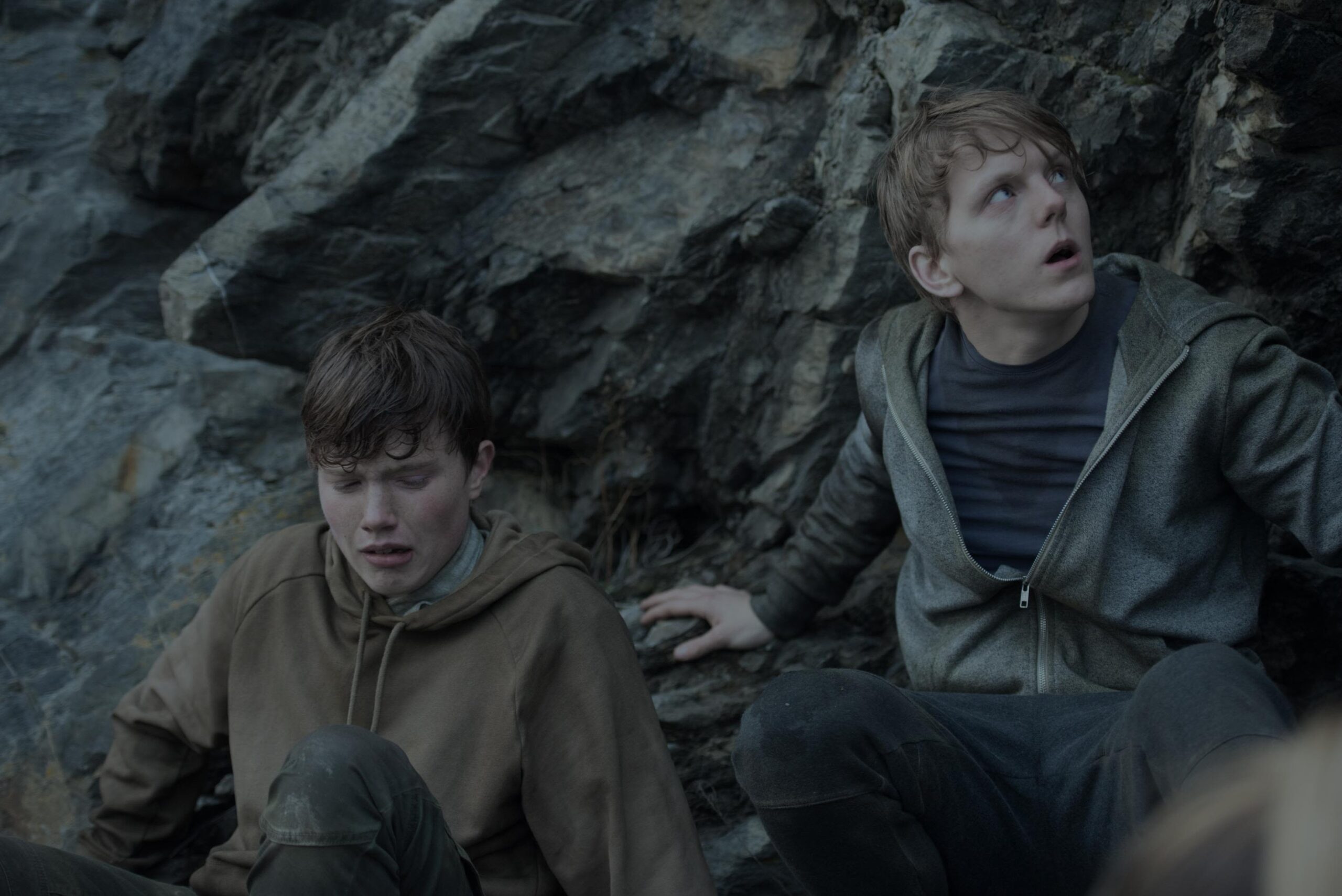Film Review: 22 July (2018)

The first third of 22 July – the story of the deadliest terrorist attack in Norwegian history – is a harrowing, difficult piece of filmmaking to watch. It’s grisly, and made more so with the knowledge that these events happened, from my understanding, much like they are depicted. Unfortunately, the film loses almost all its steam when the dust settles. My intention is not to glorify the violence or to somehow imply that the brutality seen is better than the rest of the film, but the drama of the opening is more compelling than its eventual aftermath.
On July 22, 2011, a white nationalist and terrorist detonated a van bomb outside an Oslo government building, killing eight people. Then, dressed as a police officer, he took a ferry to the small island of Utøya, outside Oslo – where a summer camp for the Workers’ Youth League was being held – and opened fire. When he was captured alive over an hour after his massacre began, 69 students and faculty were dead with many more wounded.
The assault is depicted with disturbing realism. The utter horror of the ordeal is palpable, with moments of pure dread coming right at you. We’re put in the middle of the chaos and it’s not a nice place to be, even if cinematically it’s well-executed and effective. What follows next is the struggle for one family to gain back a sense of normalcy woven with the terrorist’s trial. While these two stories are intertwined, they never quite gel, making each seem like an afterthought of the other and of the harrowing events that opened the film.
The biggest issue, though, is that director Paul Greengrass has chosen to give a voice to a mass murderer (played sufficiently evil by Anders Danielsen Lie). The film spends a lot of time spelling out his far-right views, giving him a platform for his vitriolic hate-mongering. Now, thanks to this film, his message, as unhinged as it is, has a much louder voice than it ever had before. I don’t see that as a good thing or as helpful to anyone.
The story of 22 July is certainly one worth telling, but I don’t think this is the way to tell it. The family recovery storyline is bogged down in melodrama, made more frustrating by only hinting at issues like survivor’s guilt and PTSD when those should have been front and center. Aside from the gruesome opening segment, 22 July feels like a made for TV movie. And while I understand the necessity for a hopeful and uplifting ending that ties up the loose ends, you must be able to pull it off. If you can’t hit the mark, you’re left flat – which is regrettably where we’re left.

